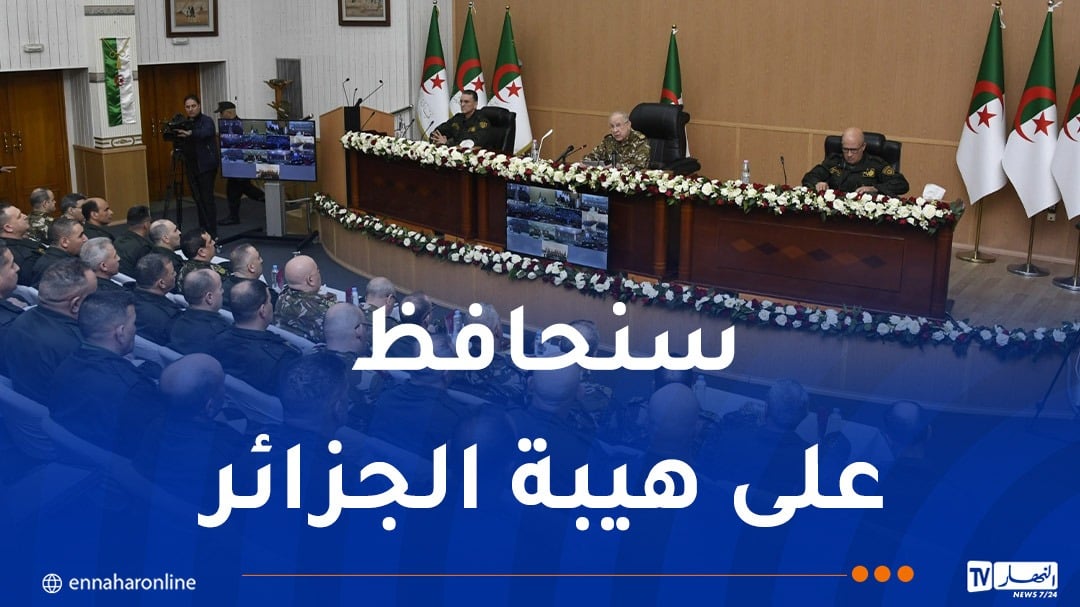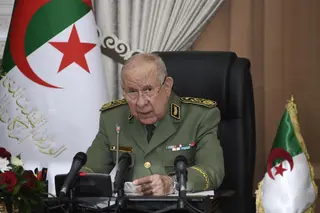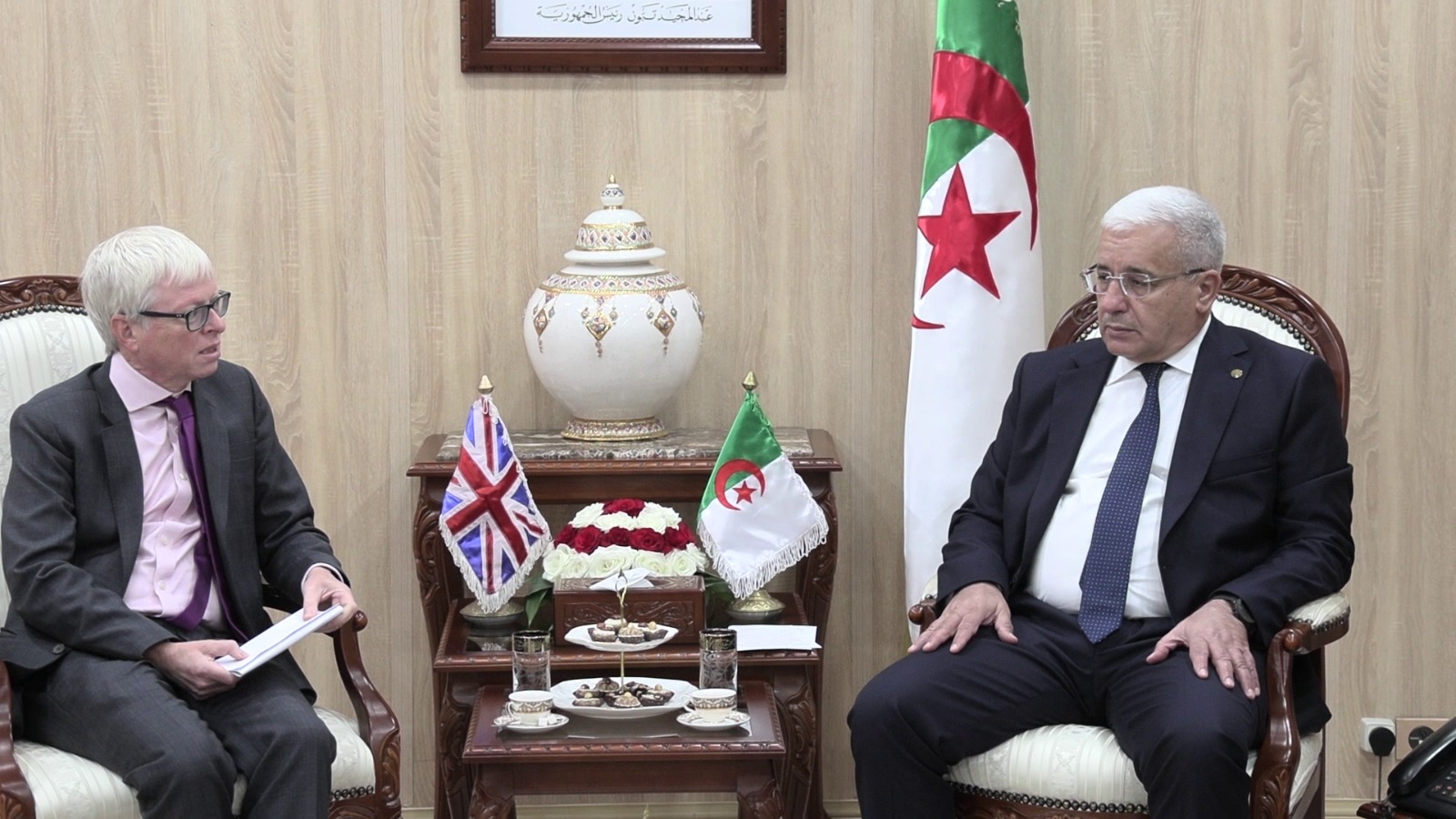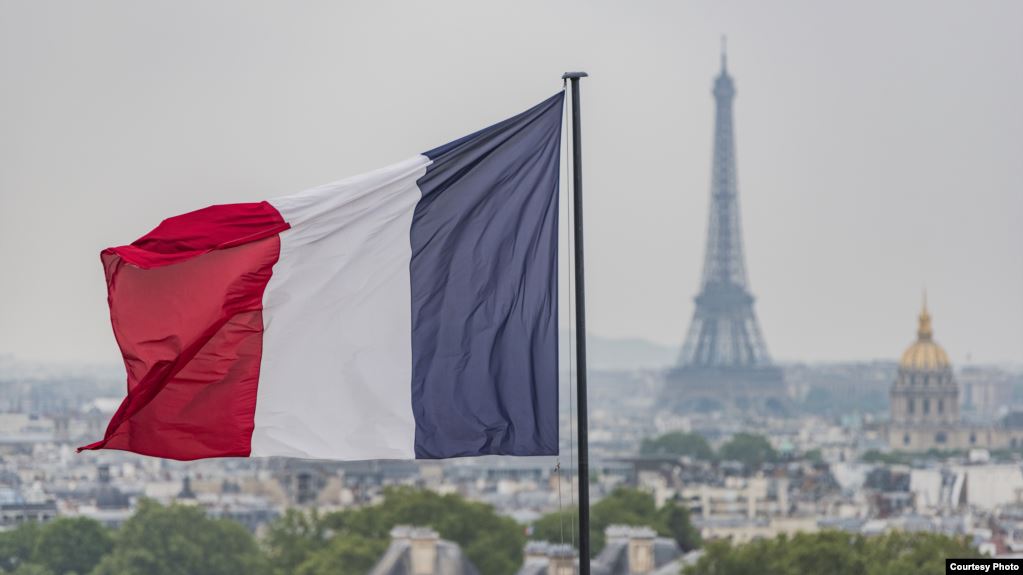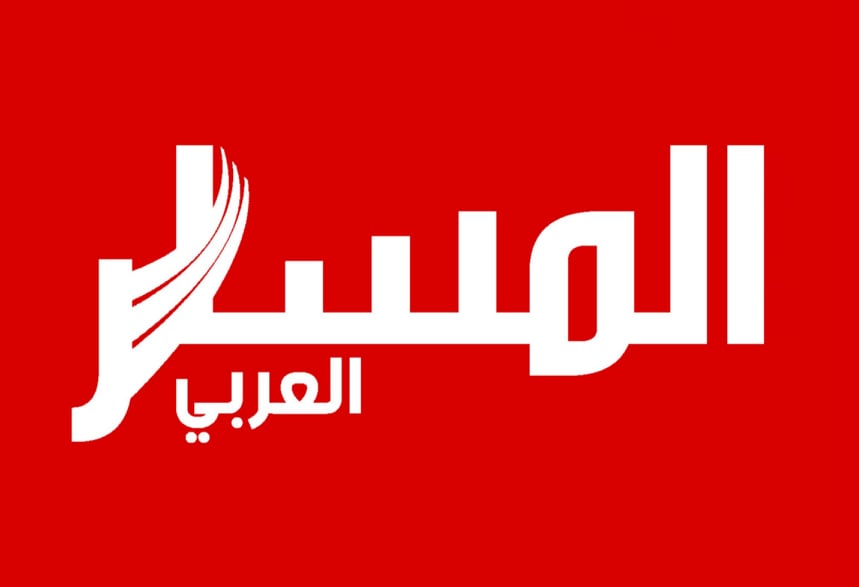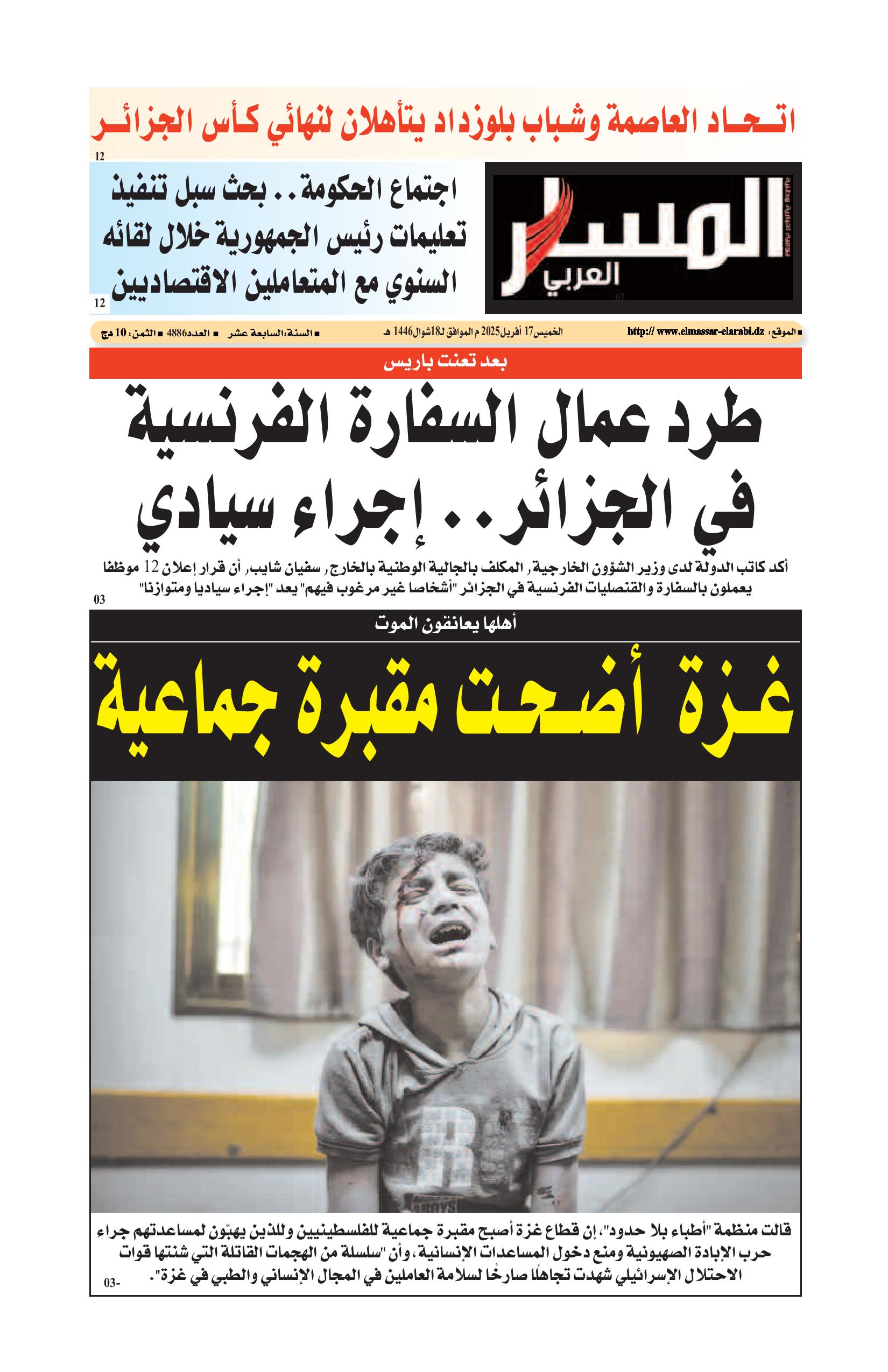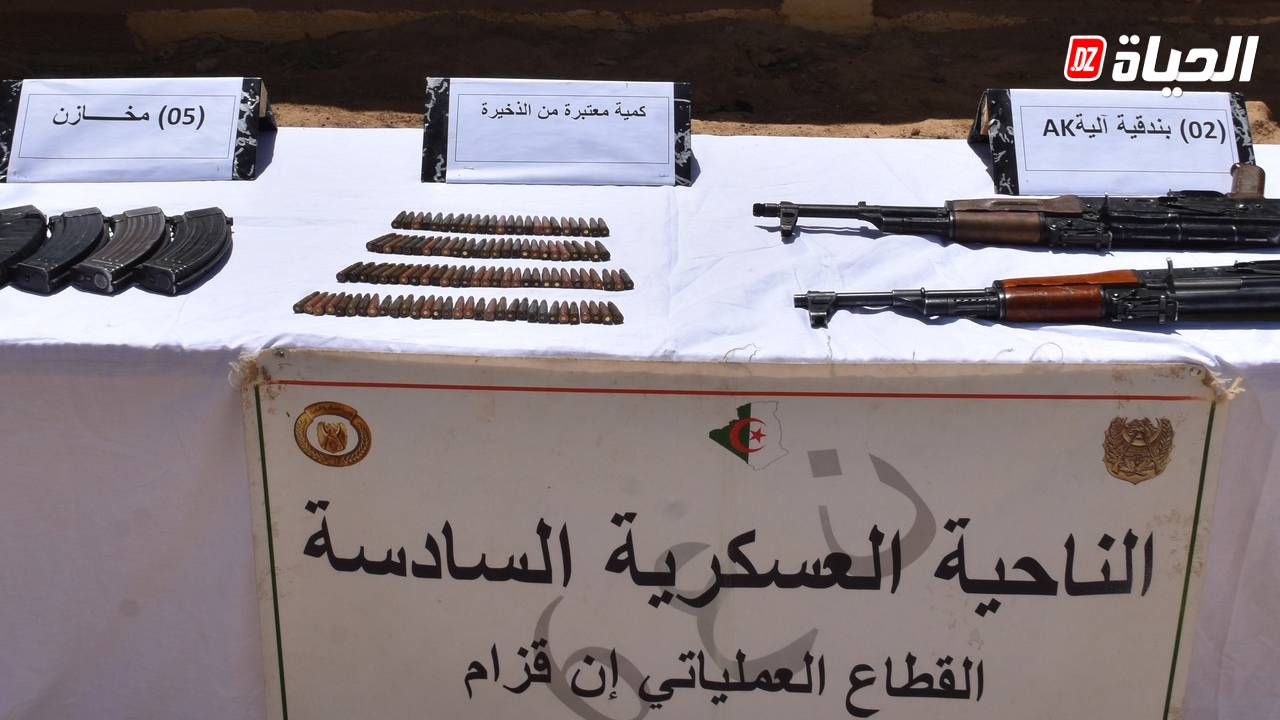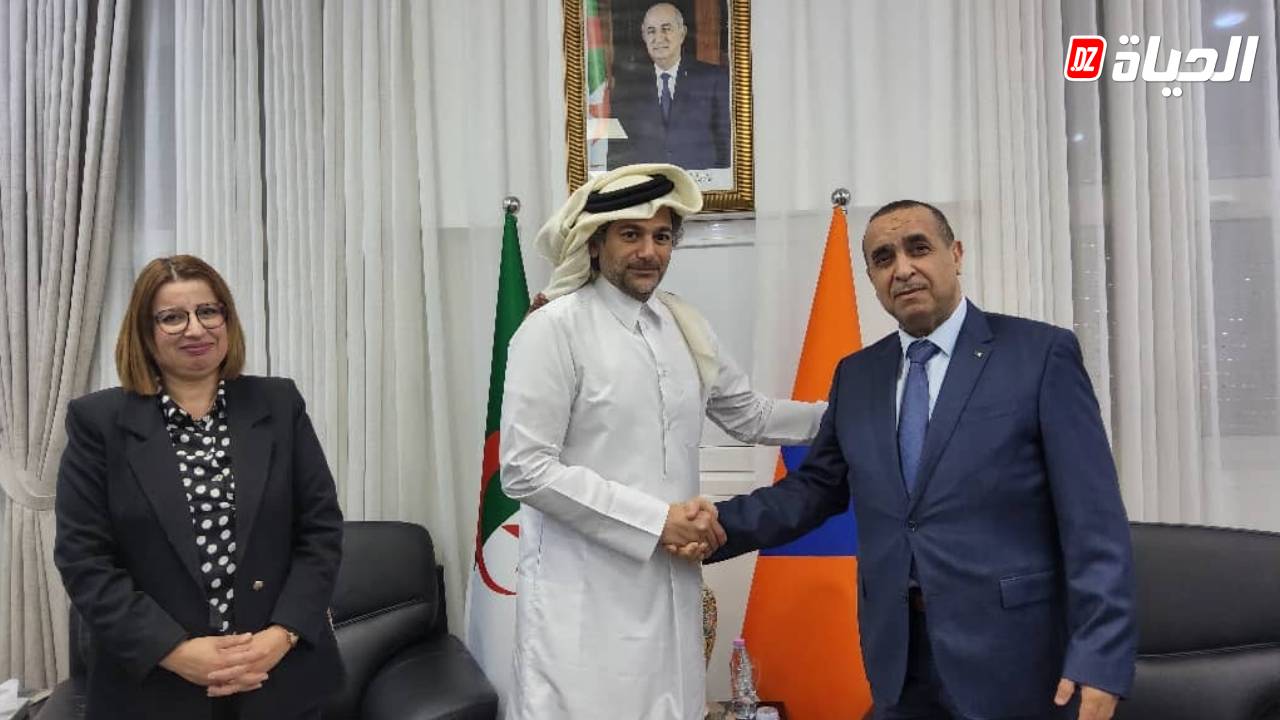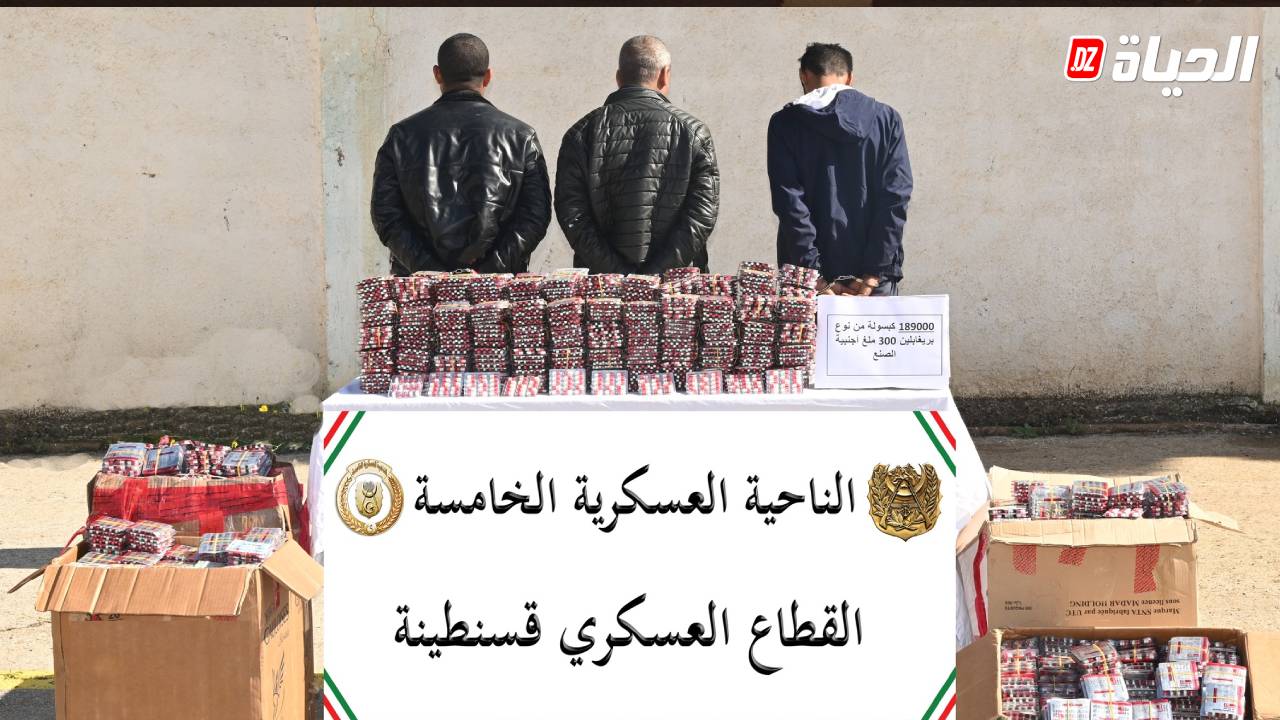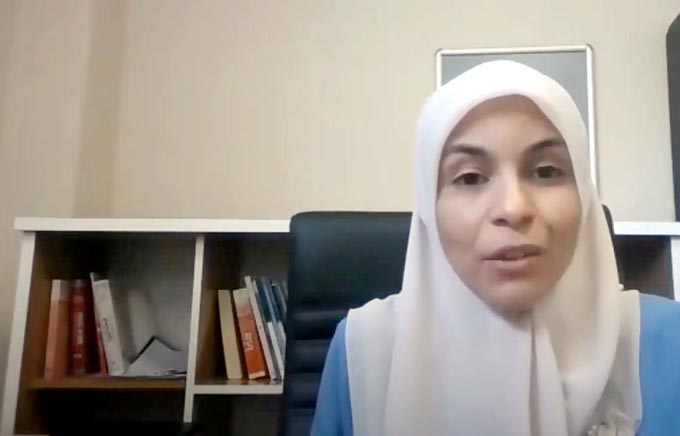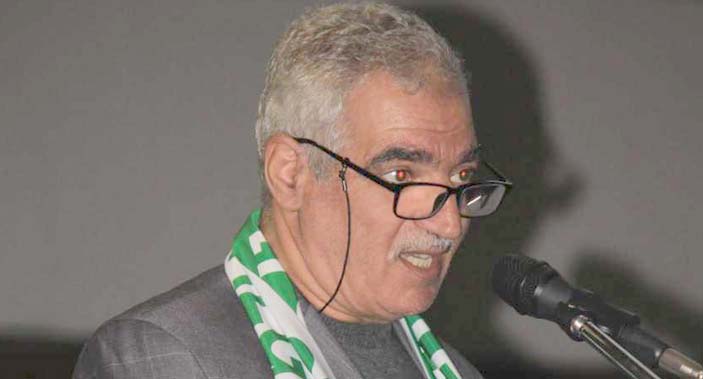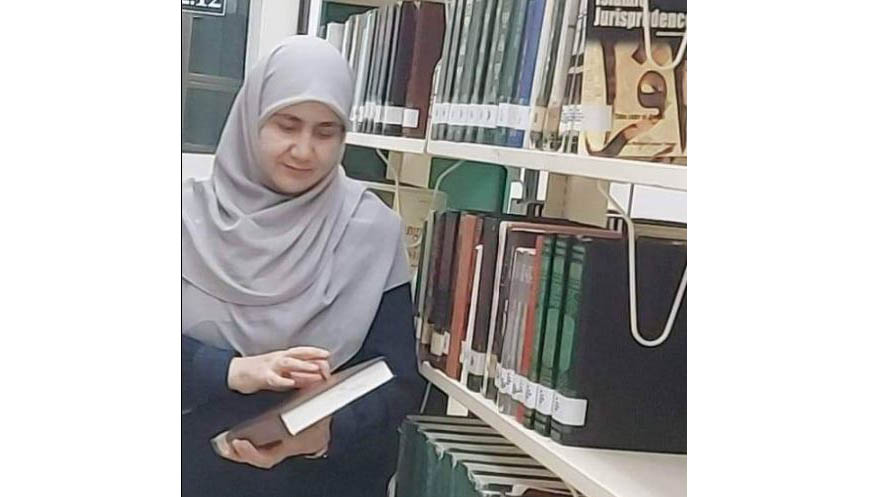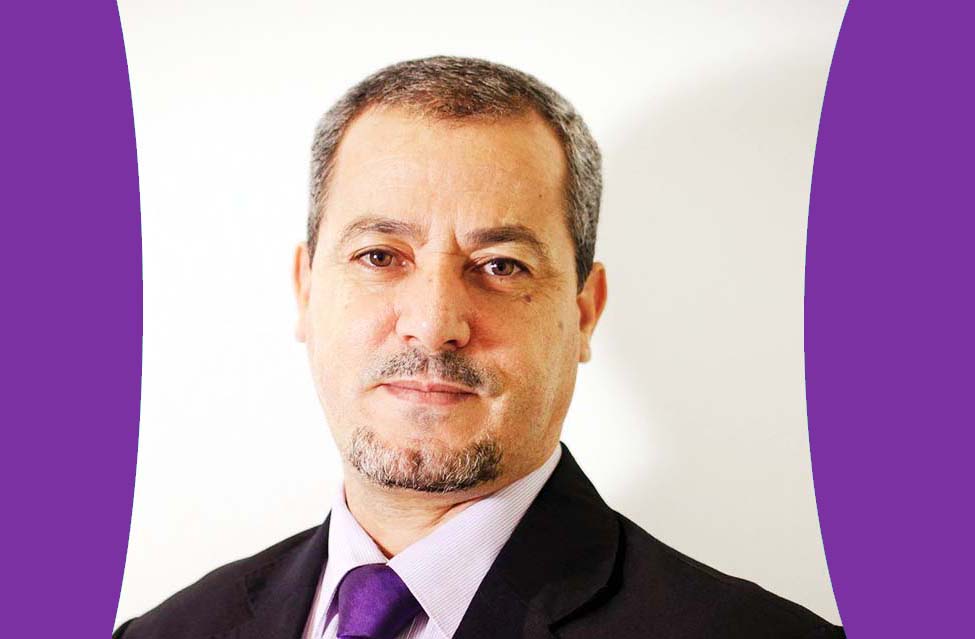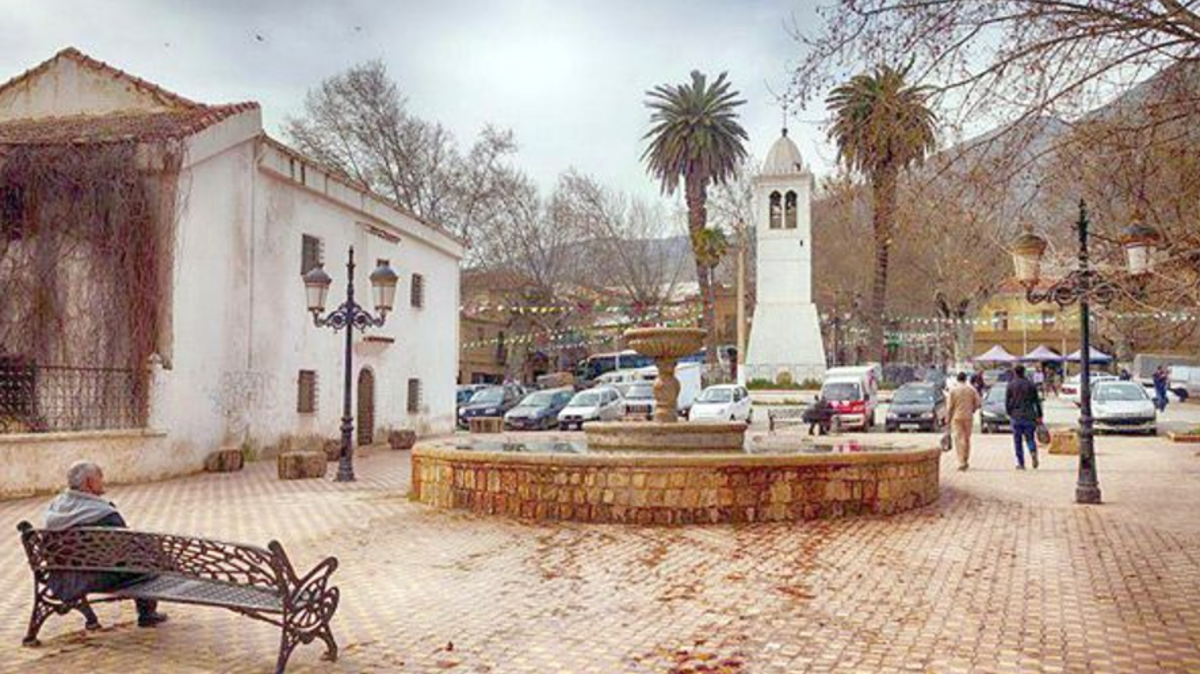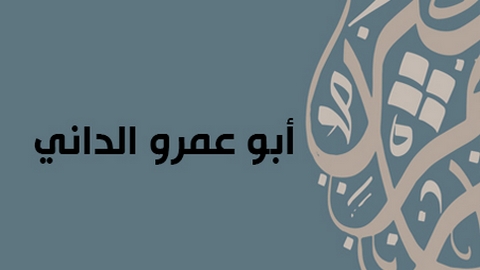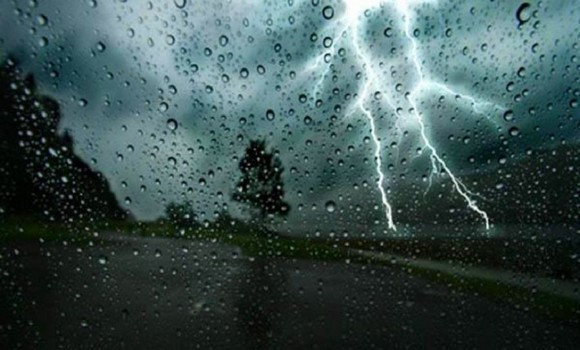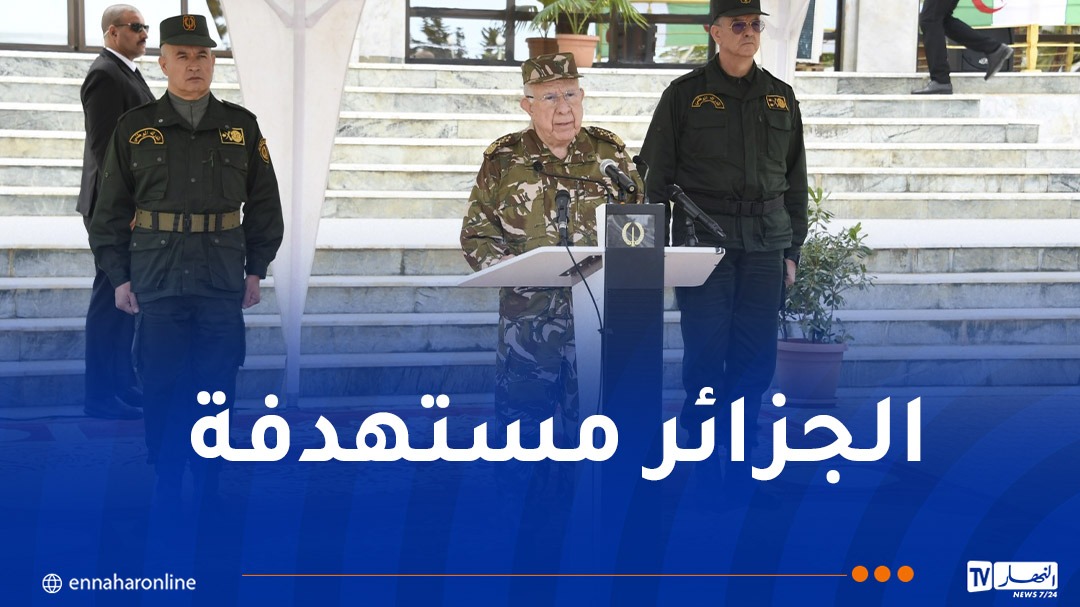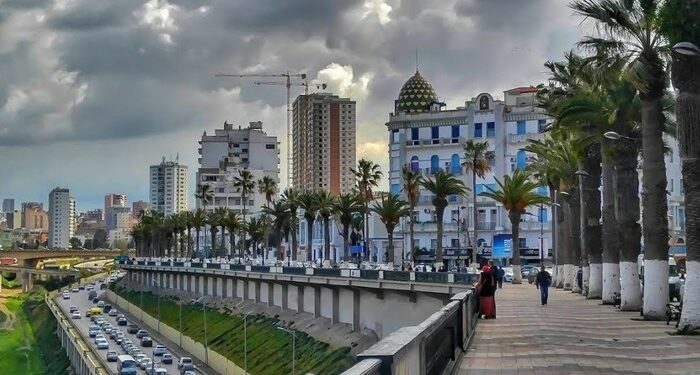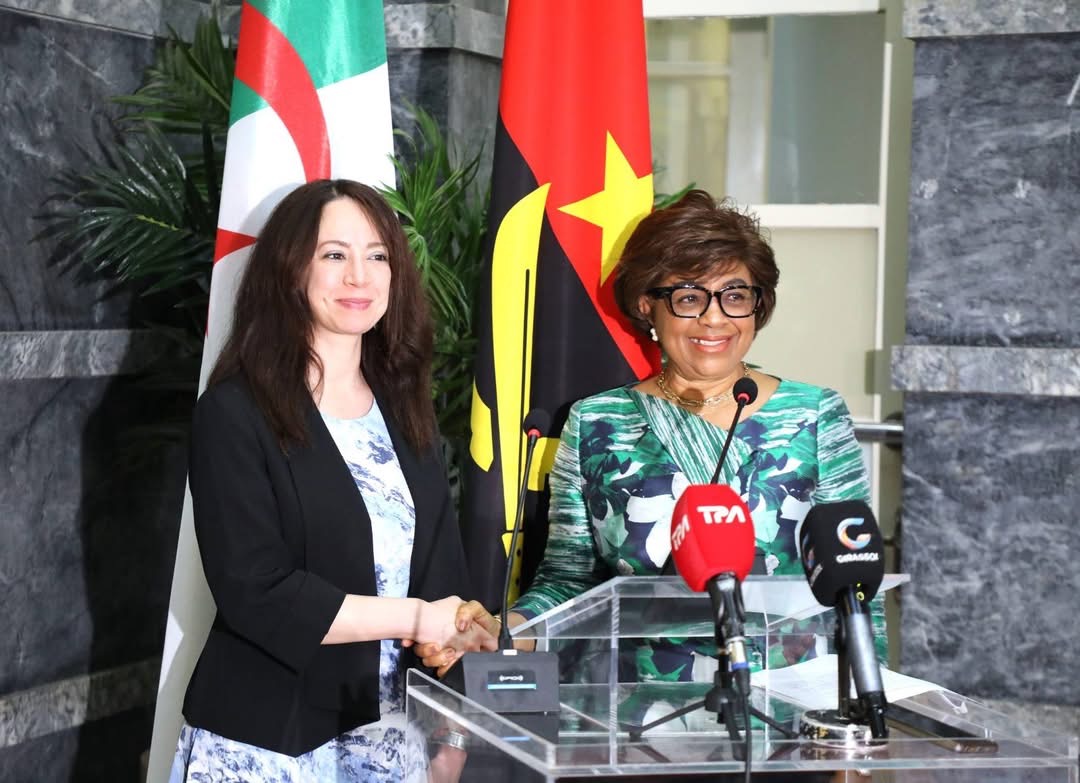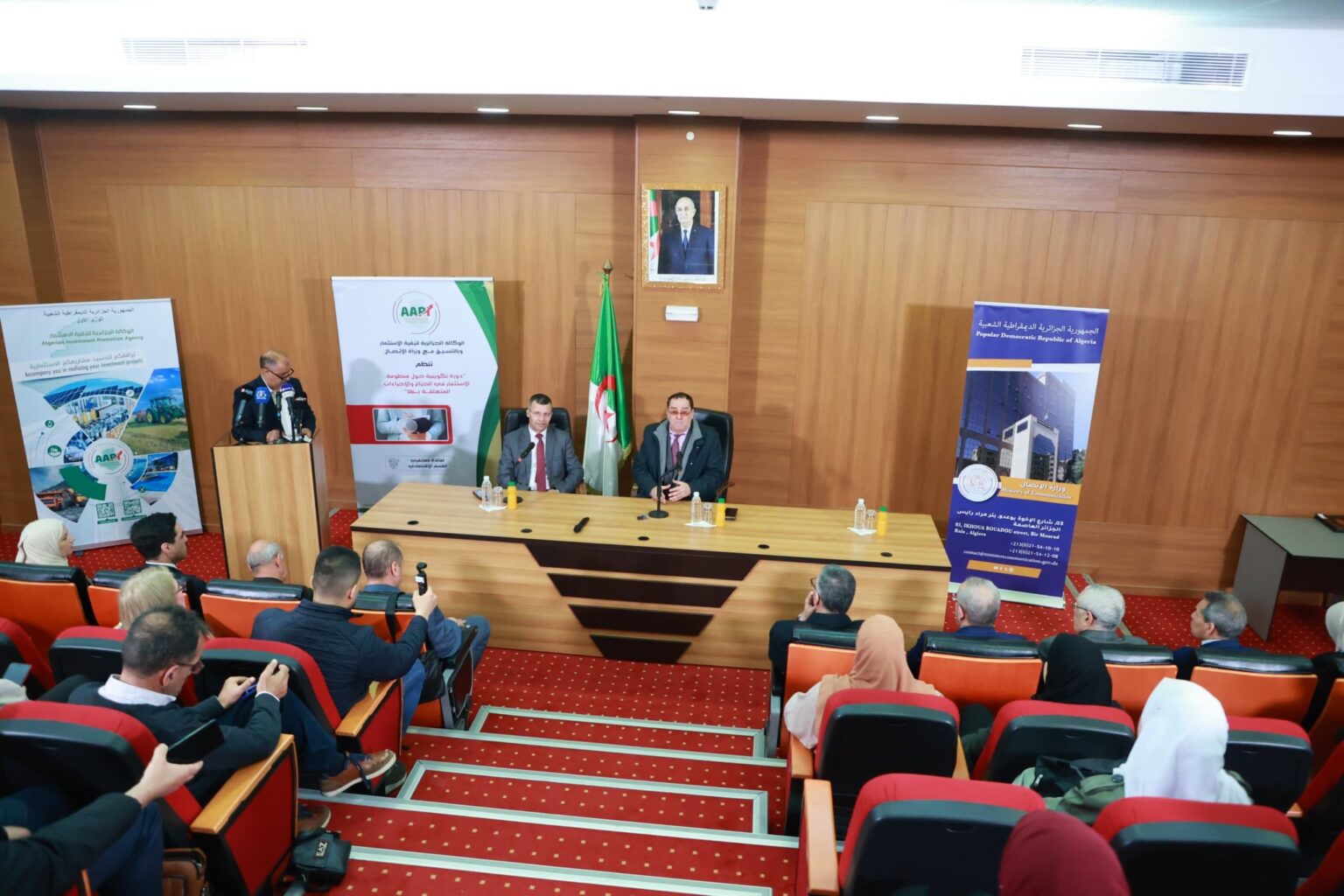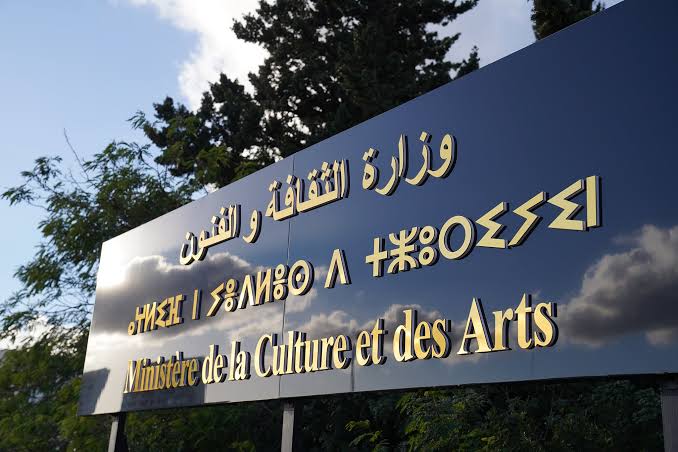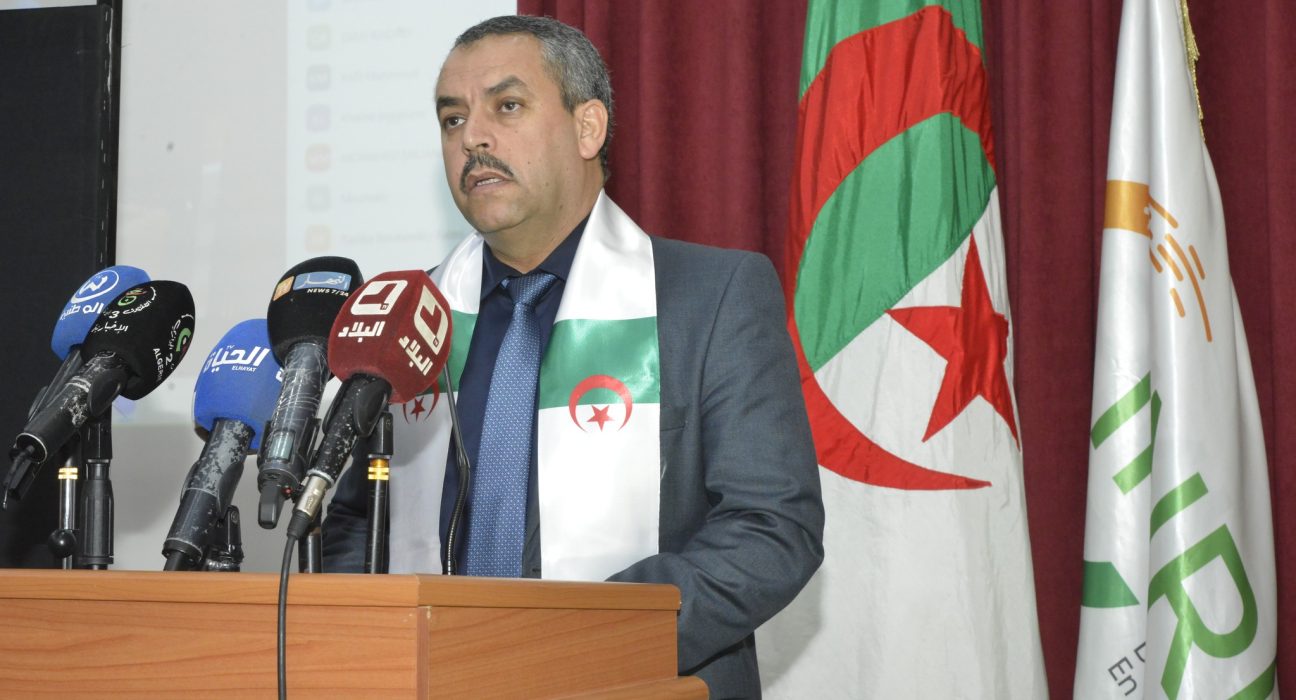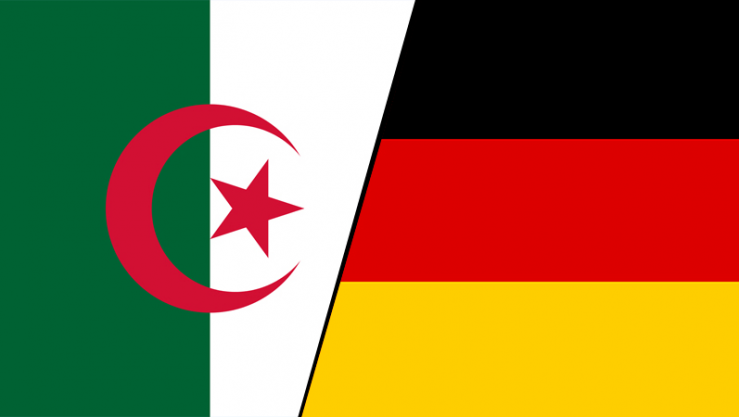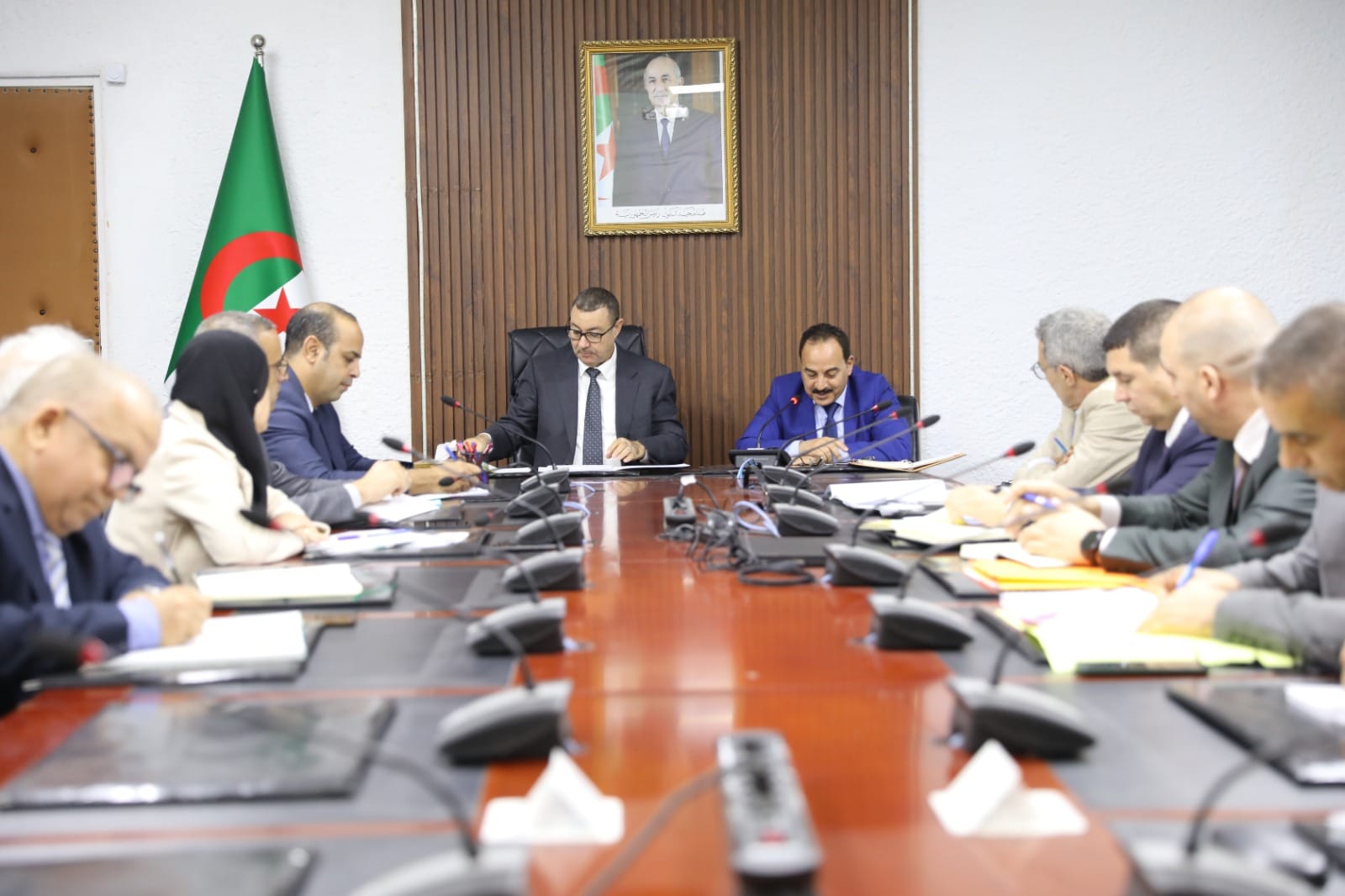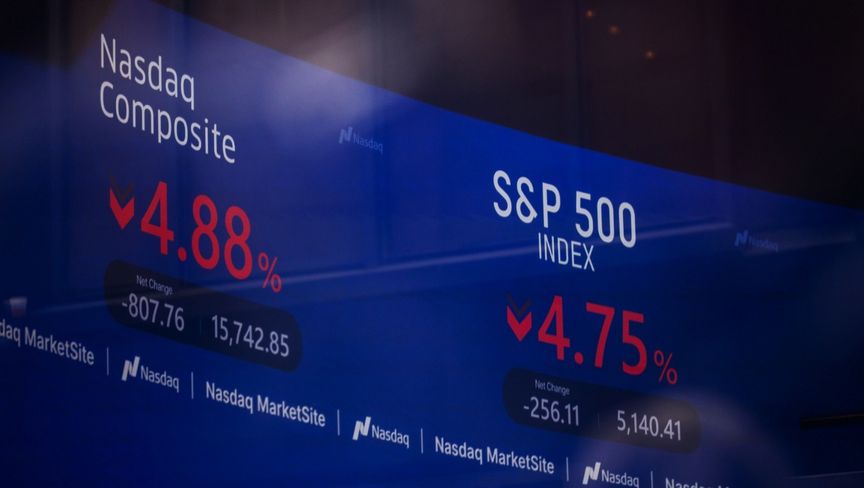Toxic gifts to Macron from his former ambassador in Algeria
When far-right media outlets struggle to find someone to intensify the crisis with Algeria, they turn to the former French ambassador in Algeria, Xavier Driencourt. This happened on the morning of Tuesday, February 25, where Driencourt was a guest on “Radio Europe 1”. Sinister Driencourt expressed his shock at the French authorities’ inability to handle […] The post Toxic gifts to Macron from his former ambassador in Algeria appeared first on الشروق أونلاين.


When far-right media outlets struggle to find someone to intensify the crisis with Algeria, they turn to the former French ambassador in Algeria, Xavier Driencourt. This happened on the morning of Tuesday, February 25, where Driencourt was a guest on “Radio Europe 1”.
Sinister Driencourt expressed his shock at the French authorities’ inability to handle the crisis with Algeria, going so far as to say that Emmanuel Macron’s administration “fears” the Algerian authorities, which makes it unable to face the escalation that Algeria is allegedly practicing against France by refusing to accept deported migrants and not releasing the Franco-Algerian writer Boualem Sansal.
With a far-right discourse charged with mobilization against Algeria and its president alike, Driencourt said: “We fear Algeria. I don’t know why. We practice self-censorship when it comes to Algeria. We are afraid of the Algerian regime, and we undoubtedly fear the Algerians in France. We are paralyzed when it comes to Algeria. Perhaps there are memories of war and colonialism.”
He added: “We believe that Algeria is in a position of strength, despite what it is experiencing in terms of isolation,” he claimed, referring here to the sovereign decision to sever relations with the Moroccan regime and the crises with France and Mali, and previously with Spain. However, Driencourt avoids discussing the isolation that his country lives in, especially in the Sahel region and across Africa, where it has become pursued and undesirable.
This admission, which conceals much cunning, came after he and other far-right figures failed to convince the French president to take more aggressive measures against Algeria, following previous unsuccessful attempts to deport several influencers and those who had been issued expulsion orders from French territory.
Driencourt speaks of “great contradictions at the level of the French government regarding its handling of the political and diplomatic crisis with Algeria, and with the successive events that have fueled the situation, such as the imprisonment of Franco-Algerian writer Boualem Sansal in Algeria, and the arrest of Algerian influencers in France, and the incident that occurred in the city of Mulhouse in northeastern France.
Meanwhile, the government has been incapable of taking tangible measures against Algeria for about three to six months.”
Among the French contradictions that the retired diplomat acknowledged in dealing with the crisis was the visit of Rachida Dati, the French Minister of Culture, to Western Sahara, which he described as a “great provocation” to the Algerian side, emphasizing: “We are facing a contradictory policy.
Will there be a government meeting tomorrow (Wednesday) regarding immigration? We do not know if there will be measures announced. But we must get out of this impasse.”
Contrary to what the former ambassador in Algeria promotes, the French government, largely influenced by far-right policies, has not hesitated to target Algeria and undermine its interests there. It has begun targeting Algerian influencers who have viewpoints contrary to what the politicians in Paris, who are haunted by the fear of losing the dream of “French Algeria,” wish, as well as playing the immigration card and trying to target Air Algeria for refusing to transport deportees outside the law and diplomacy.
However, all these attempts have failed because there are French officials within the government who reject them, including Macron, who has remained silent for nearly two months.
As usual, he did not hold back in offering toxic advice to his government, foremost among them punishing Air Algeria for refusing to transport deportees outside the law to Algeria, which was a demand made by the Minister of the Interior, Bruno Retailleau. However, Macron did not comply with this demand for fear of a harsh Algerian response that would target Air France and the private company “Fransavia,” which control a large share of the air transport market to Algeria.
شاهد المحتوى كاملا على الشروق أونلاين
The post Toxic gifts to Macron from his former ambassador in Algeria appeared first on الشروق أونلاين.

